Information about fake numbers associated with Clinique de La Source
Google incorrectly indicates that telephone numbers are assigned to Clinique de La Source.
-
Main specialities
- Anaesthesiology
- Cardiology
- Orthopaedic surgery and traumatology
- Plastic, reconstructive and esthetic surgery
- Visceral and thoracic surgery
- Gastroenterology
- Gynaecology and obstetrics
- Intensive medicine
- Nuclear medicine
- Neurosurgery
- Neurologie
- Medical and surgical oncology
- Diagnostic and interventional radiology
- Radio-oncology
- Urology
-
Centres and services
- Multidisciplinary outpatient centre
- Interventional cardiology centre
- La Source centre for robotic surgery
- Centre crohn et colite
- Diabetology unit
- Dietetics service
- Digestive centre
- Breast Imaging Centre
- 7/7 medical Laboratories
- Medical and surgical centre for obesity
- Physiotherapy Institute
- Prostate Centre
- Radiology Institute
- Radio-oncology centre
- Lausanne Breast Network
- Home Care
- Intensive care unit – certified SSMI
- Emergency centre 7/7 – Centre médical de La Source
- Clinique de La Source_
-
Patients
& Family_
-
Specialities_
- Specialities
-
Main specialities
- Main specialities
- Anaesthesiology
- Cardiology
- Orthopaedic surgery and traumatology
- Plastic, reconstructive and esthetic surgery
- Visceral and thoracic surgery
- Gastroenterology
- Gynaecology and obstetrics
- Intensive medicine
- Nuclear medicine
- Neurosurgery
- Neurologie
- Medical and surgical oncology
- Diagnostic and interventional radiology
- Radio-oncology
- Urology
-
Centres and services
- Centres and services
- Multidisciplinary outpatient centre
- Interventional cardiology centre
- La Source centre for robotic surgery
- Centre crohn et colite
- Diabetology unit
- Dietetics service
- Digestive centre
- Breast Imaging Centre
- 7/7 medical Laboratories
- Medical and surgical centre for obesity
- Physiotherapy Institute
- Prostate Centre
- Radiology Institute
- Radio-oncology centre
- Lausanne Breast Network
- Home Care
- Intensive care unit – certified SSMI
- Emergency centre 7/7 – Centre médical de La Source
- Maternity_
- Doctors' section_
If you are looking for a specialist, you can find him/her on the Doctors list.

Preanalytics _
Samples
_
Find all the information required with regard to sampling as well as list of the appropriate equipment to use.
This is an essential step in ensuring the laboratory best practice that we guarantee and involves the application by health professionals of pre-analytical data indicated on analysis request forms and in the laboratory test catalogue.
Blood sample
Recommendations
- On an empty stomach (12 hours without eating)
- 24 hours without consuming alcohol
- Avoiding physical activity before taking blood samples
- After discontinuation of drugs or following a case history of drugs currently being administered
- After a rest of at least 10 minutes
- Sampling should ideally be done in a reclining position
- Tourniquet may be tightened for 30 seconds and then loosened while blood flows into the tube
- Do not “pump” with the fist (opening and closing the wrist)
- Respect the order of draw of the tubes (see information below)
- Turn the tubes upside down several times after drawing by tilting them
- Check the patient details written on the tubes and on the analysis request form
Nursing staff at doctors’ surgeries or in hospitals may be trained on request by the laboratory to take both capillary and venous blood samples.
Sample tube sequence
The order in which blood samples are taken is of capital importance in the pre-analytical phase. Failure to comply with these rules frequently results in the laboratory refusing to conduct certain analyses, especially with regard to coagulation.
The increasing use of winged (butterfly) blood collection sets for drawing blood samples requires strict compliance with these rules. Never draw the green tube without first drawing a white discard tube which must as its name implies be thrown away.
| Order | Cap colour | Monovette tube | Remarks |
| 1 | Aerobic blood culture | Bacteriology | |
| 2 | Anaerobic blood culture | Bacteriology | |
| 3 | White | Native white blood | Standard chemistry (tests) - Special chemistry (tests) Always use a tube for priming if you are using a butterfly needle. |
| 4 | Green | Citrate 1/10 | Coagulation |
| 5 | Purple | Citrate 1/5 | Sedimentation rate |
| 6 | Red | EDTA | Haematology – Transfusion – Genetics – Molecular biology |
| 7 | Orange | Heparin | Chemistry |
| 8 | Yellow | Sodium fluoride | Lactate - Glucose |
| 9 | Other | Other tubes | On request for special analyses |
Urine samples
Urine is used in the laboratory to highlight various pathologies and requires a suitable sample depending on the analyses:
- 1st urine taken midstream for urine sediment, quick tests (urine strips), clinical chemical tests.
- 2nd morning urine for urinary glucose, urinary proteins, urinary strips with the exception of nitrate investigations.
- 24-hour urine collection for quantitative chemical assays.
24-hour urine collection
- 24-hour urine collection starts at 7:00 a.m. after emptying the bladder and discarding the first urine and ends at 7:00 a.m. the following morning with the first urine that must be combined with the total volume of urine collected.
- Add preservative if required for the chemical dosing. Note that for HCI, preservative must only be added to the collection jar after the 2nd urination.
Urination flow
- Wash hands thoroughly.
- Spread the vaginal lips or pull back the foreskin.
- Wash external genitalia with a paper towel.
- Urinate the initial urine into the toilet.
- Urinate 50 to 100 ml of urine in the yellow collection container.
- Close the cover properly.
Preservatives
HCl (hydrochloric acid) required for the following analyses:
- Calcium
- Citrate
- Homovanillic acid
- 5-Hydroxyindoleacetic acid
- Catecholamines
- Metanephrines
- Oxalate
- Vanillylmandelic acid
Plan for the following urinary assay
5-Hydroxyindoleacetic acid: for the 2 days preceding the collection and during the latter, avoid: pineapple, eggplant, avocado, banana, kiwi, melon, tomato, nuts.
Microbiology sample_
-
Download
“Matériel de prélèvement et conservation des échantillons de bactériologie”
Supply order_
-
Download
“2702 Laboratoire - Médecins externes”
Blood test service : Monday to Friday - 7:30 am to 5:00 pm
(Please contact the Clinic reception)
Courier service : Monday to Friday - 8:00 am to 5:30 pm
(Call 021 641 32 44)
